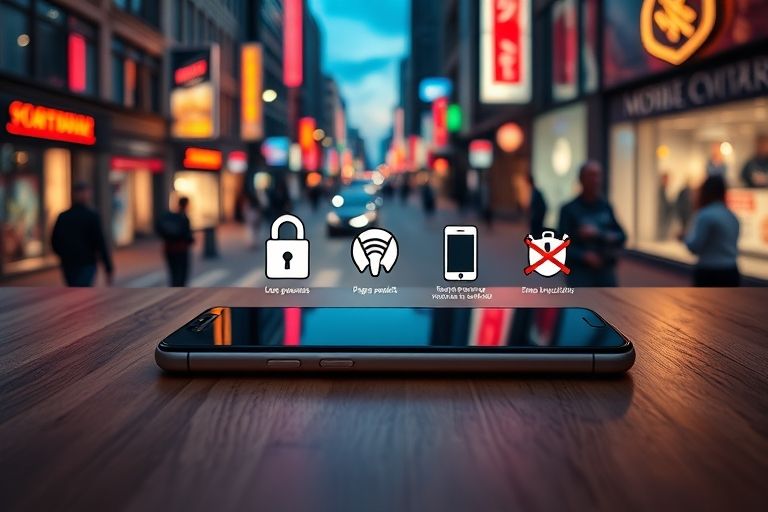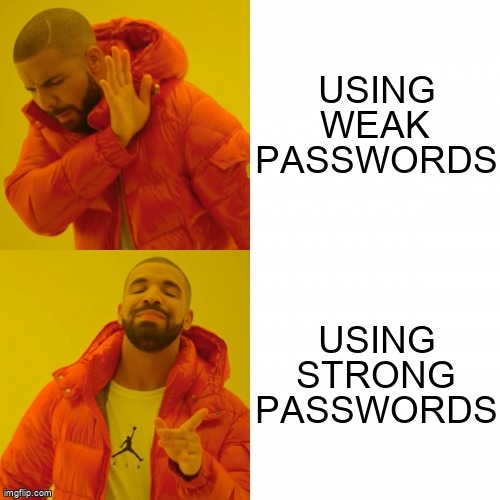
Mobile devices have become essential in our daily lives, and with the increasing use of mobile devices, the risk of security breaches has risen. People use their mobile devices for various purposes, such as banking, online shopping, and social media, among others. However, many users make common mistakes that put their mobile devices at risk. Here are five common mobile security mistakes and how to avoid them.

Many users choose easy-to-guess passwords for their mobile devices, making it easy for hackers to access their data. A strong password is a combination of letters, numbers, and symbols. It should be at least eight characters long and should not include any easily guessed information such as your name or birthdate.
How to avoid this: Use a password manager app to generate a strong password and store it for you.

Outdated software is a significant security risk for mobile devices. Hackers can use vulnerabilities in outdated software to gain access to your data.
How to avoid this: Always update your operating system and applications to the latest version. Enable automatic updates to make sure you are always up-to-date.

Downloading applications from untrusted sources can put your mobile device at risk. These applications may contain malware that can steal your data or damage your device.
How to avoid this: Only download applications from trusted sources such as the Apple App Store or Google Play Store.

Two-factor authentication is a security feature that adds an extra layer of protection to your mobile device. It requires you to enter a code sent to your mobile device in addition to your password.
How to avoid this: Enable two-factor authentication for all your accounts that offer it.

Public Wi-Fi networks are convenient, but they are not secure. Hackers can easily intercept data sent over public Wi-Fi networks.
How to avoid this: Avoid using public Wi-Fi networks for sensitive activities such as banking or online shopping. If you must use public Wi-Fi, use a virtual private network (VPN) to encrypt your data.
Mobile security is essential to protect your data and personal information. By avoiding these common mobile security mistakes, you can reduce the risk of security breaches. Always remember to use strong passwords, keep your software up-to-date, only download applications from trusted sources, enable two-factor authentication, and avoid using public Wi-Fi networks.
By following these simple steps, you can have peace of mind knowing that your mobile device and data are secure.